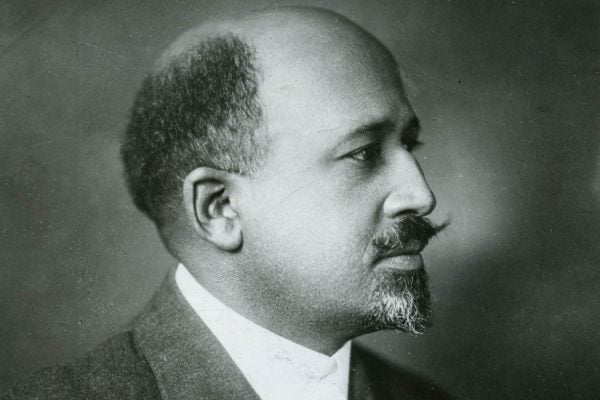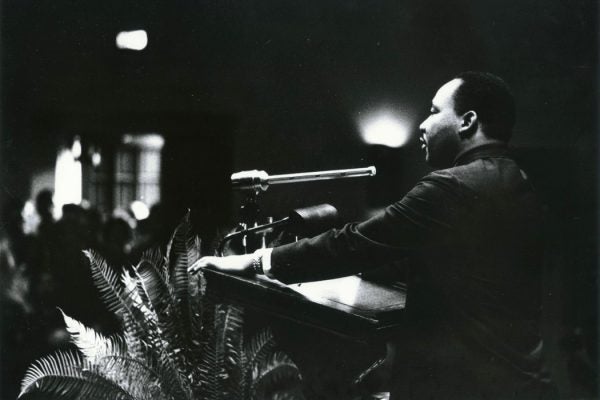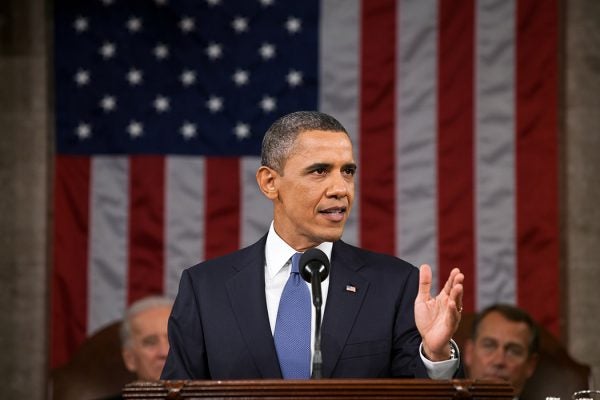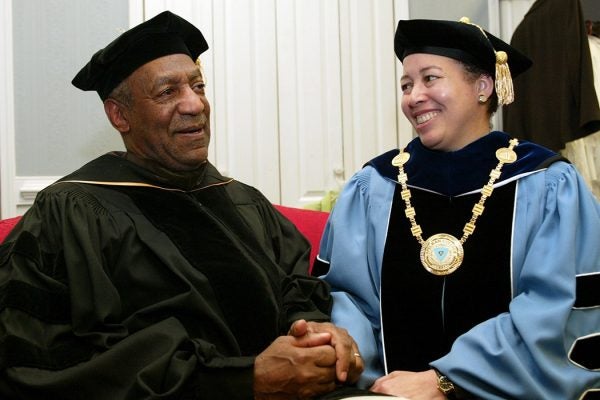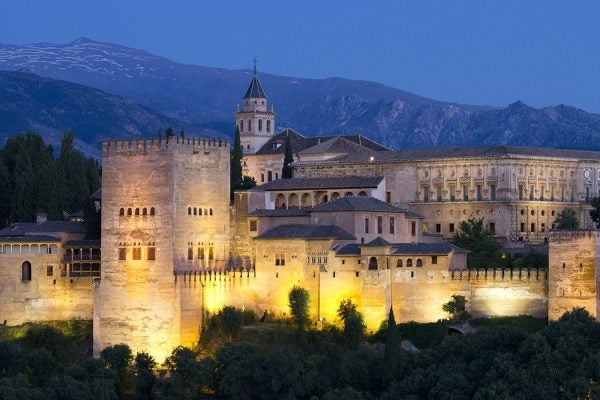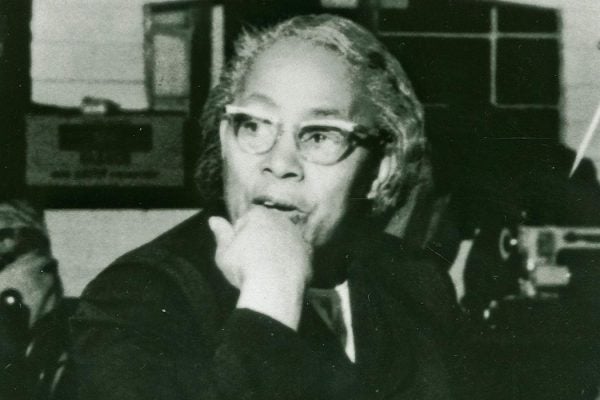W. E. B. Du Bois Fought “Scientific” Racism
Early-twentieth-century intellectual W. E. B. DuBois countered the then-popular idea that African Americans could be scientifically proven to be inferior.
Colleges’ Reluctant Embrace of MLK Day
The push for a national Martin Luther King holiday prompted a fierce political tug-of-war, on campus and off.
What the Prisoners’ Rights Movement Owes to the Black Muslims of the 1960s
Black Muslims have been an influential force in the prisoners' rights movement and criminal justice reform as early as the World War II era.
Why a Coup in Ethiopia Created a Faith Crisis in Jamaica
Rastafarians emerged from anti-colonial, anti-racism movements of the 60s, they also looked back toward their African ancestry.
Barack Obama and the Nommo Tradition of Afrocentric Orality
A scholar analyzes two of Barack Obama's commencement speeches, using West African nommo oratory as a guide.
The Devastation of Black Wall Street
Tulsa, Oklahoma. 1921. A wave of racial violence destroys an affluent African-American community, seen as a threat to white-dominated American capitalism.
What Does Bill Cosby’s Problematic Legacy Mean for Black Colleges?
The Cosbys gave Spelman College, one of America's 107 HBCUs, over $20 million dollars. What does his legacy mean for the future of black colleges?
The Long History of African Immigrants in Spain
Despite what current nationalist trends might suggest, there is a long history of African influence in Spain.
America’s Workforce Runs on Uppers
Uppers like Benzedrine and cocaine provided a willing workforce for our capitalist economy. Now, Americans are turning to ADHD medications.
How Septima Poinsette Clark Spoke Up for Civil Rights
The daughter of a slave, Septima Clark graduated from college, became a teacher, and became a fierce advocate for social and cultural change.
